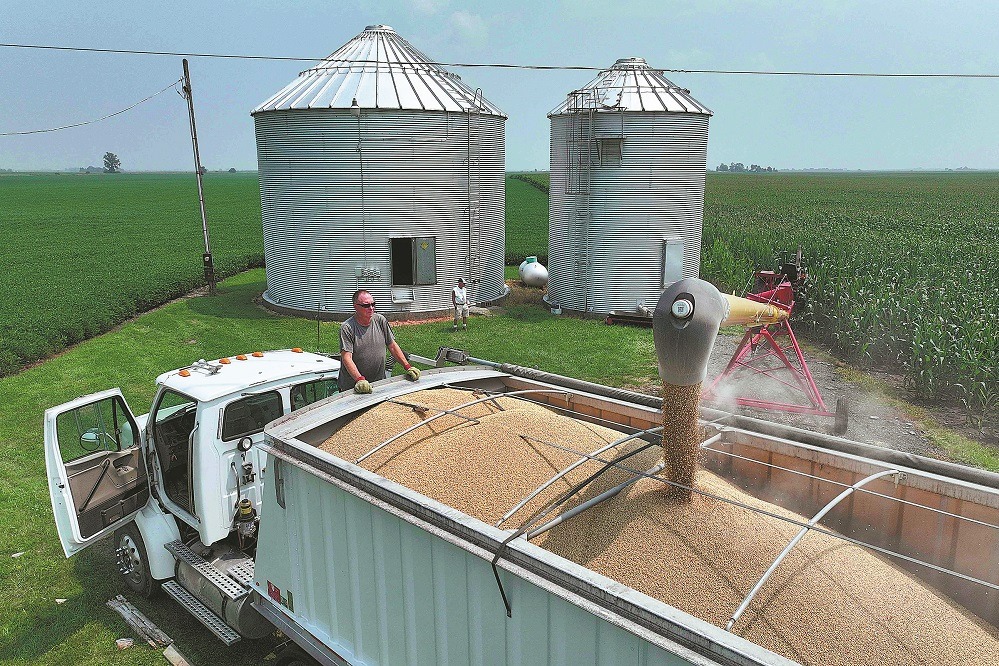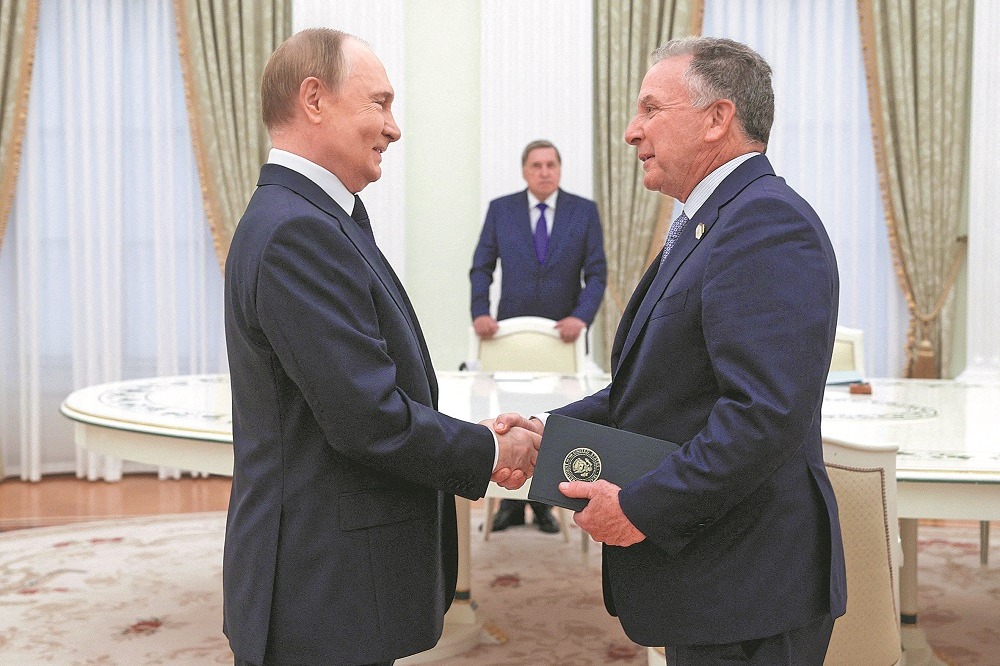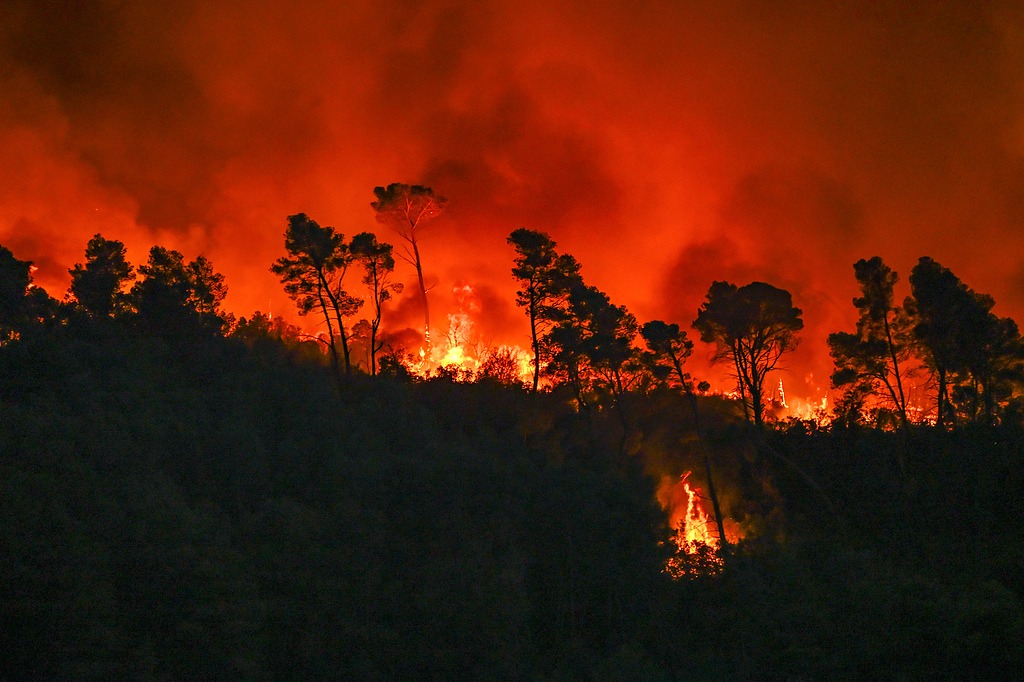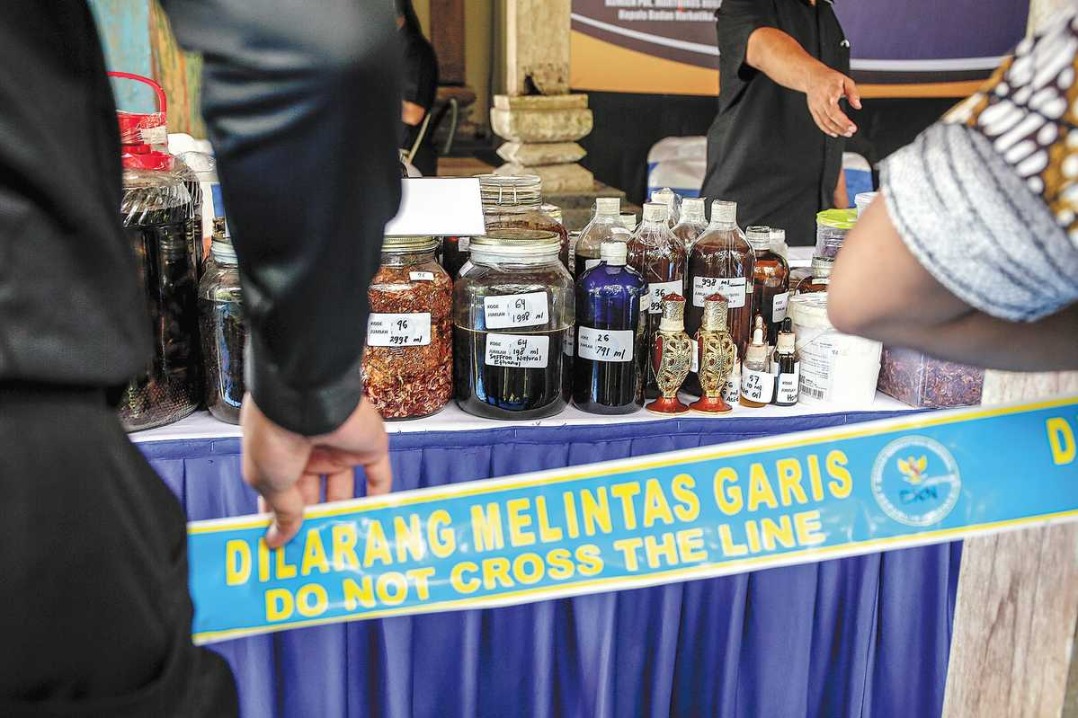Li calls for more policy coordination between China, EU


Premier Li Keqiang called on Friday for greater policy coordination between China and the European Union in the response to COVID-19, climate change and the growth of digital economy to foster new highlights in bilateral cooperation.
Speaking at the 23rd China-EU leaders' meeting, Li said China and the EU should jointly maintain the security of energy and grain supply and the stability of industry and supply chains, respond to common challenges and ensure the sustainable recovery of global economy.
The virtual meeting was co-chaired by Li and European Council President Charles Michel and European Commission President Ursula von der Leyen.
A stable China-EU relationship is crucial for world peace, stability and development, and China has always viewed its relations with the EU from a strategic and long-term perspective, Li said.
China hopes that the two sides will enhance understanding and mutual trust, step up dialogue and communication, deepen practical cooperation, properly address differences and disagreements, and make joint efforts and contributions for world peace and development, he said.
China and the EU should remain open to each other, steadily expand market access, protect fair competition and promote trade and investment liberalization and facilitation, Li said, adding that Beijing hopes that the EU will also provide a sound business environment to Chinese businesses in Europe.
As for the situation in Ukraine, Li said China has been promoting talks for peace in its own way, and will continue to work with the EU and the international community to play a constructive role for early easing of the crisis, cessation of hostilities, prevention of a larger-scale humanitarian crisis, and the return of peace at an early date.
The two EU leaders said the two sides need to enhance dialogue, deepen cooperation, uphold multilateralism, ensure world peace and stability, and work together to tackle global challenges.
The EU is ready to engage in close cooperation with China in such areas as COVID-19 response, economy and trade, investment, and protection of geographical indications, and expand cooperation on the digital economy, energy transition, cybersecurity, humanitarian efforts and climate actions, they said.

































